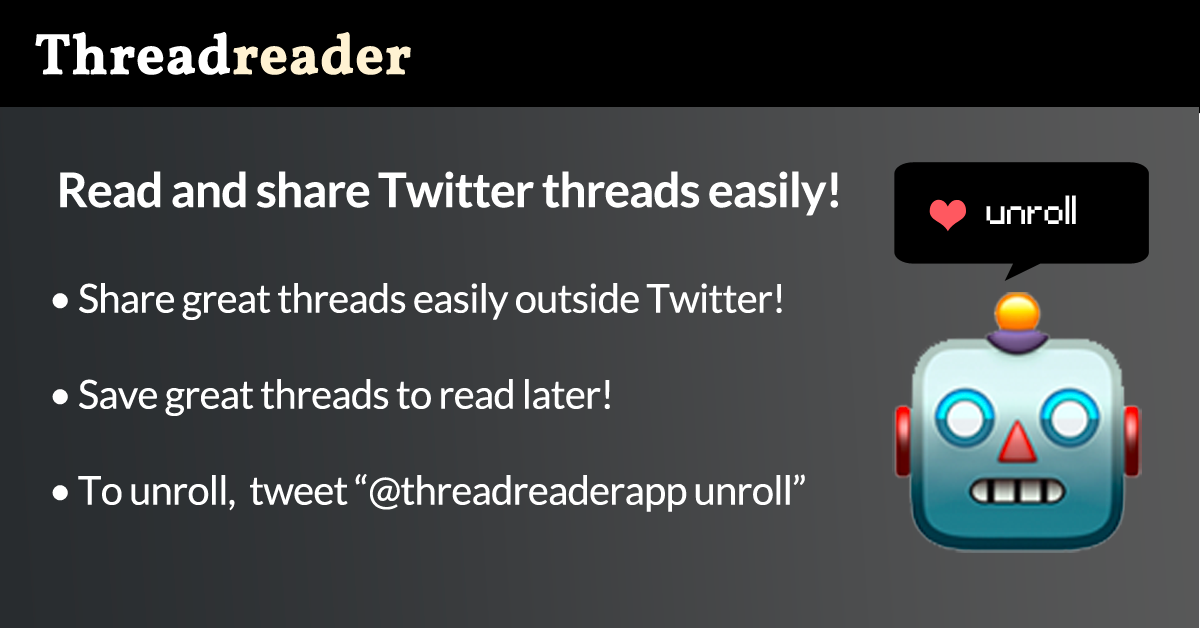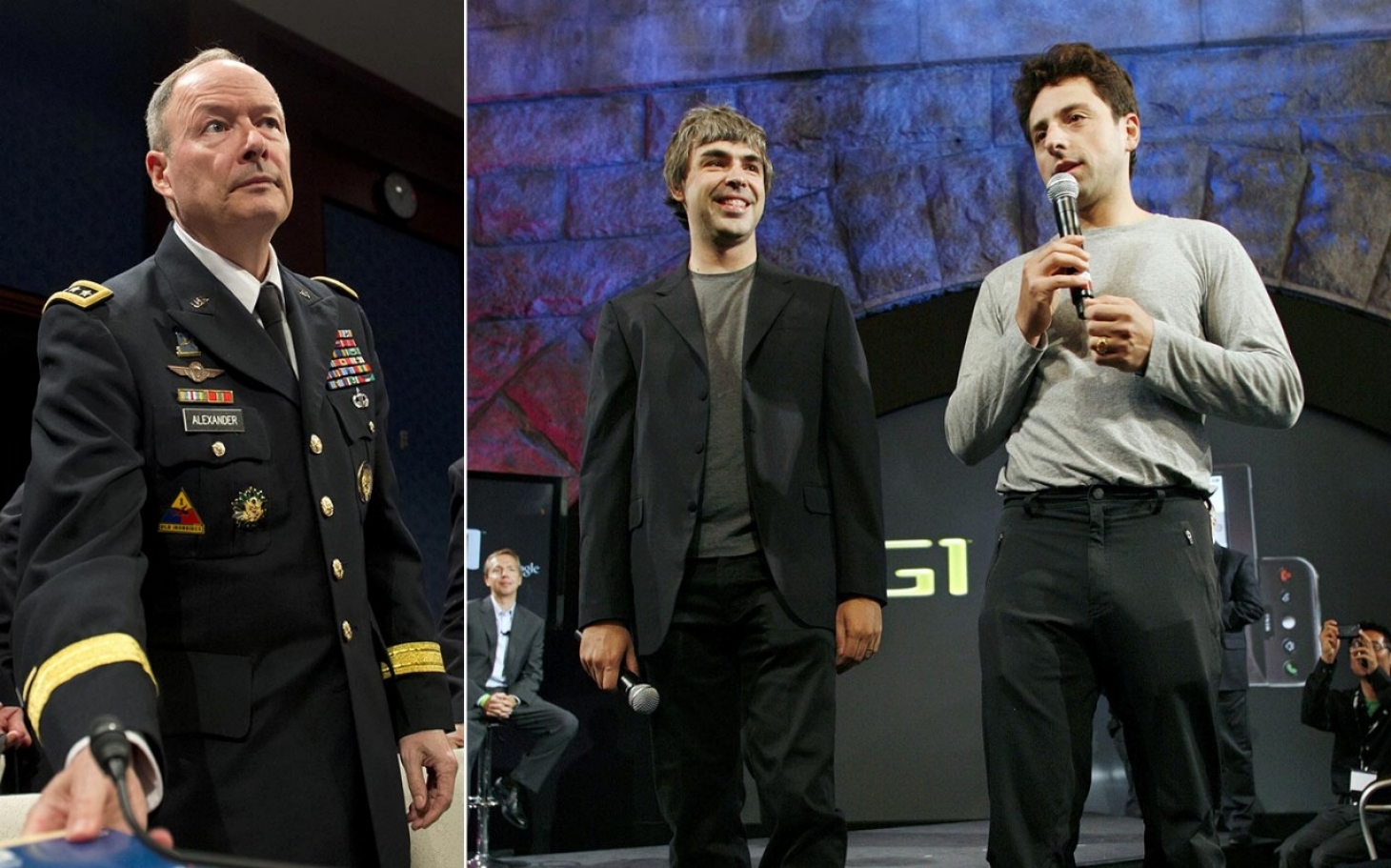Bruce Schneier, "IT for Oppression"
IEEE Security & Privacy. March/April 2013
- What is called censorship when practiced by a government is content filtering when practiced by an organization. Many companies want to keep their employees from viewing porn or updating their Facebook pages while at work. In the other direction, data loss prevention software keeps employees from sending proprietary corporate information outside the network and also serves as a censorship tool. Governments can use these products for their own ends.
- Propaganda is really just another name for marketing. All sorts of companies offer social media-based marketing services designed to fool consumers into believing there is “buzz” around a product or brand. The only thing different in a government propaganda campaign is the content of the messages.
- Surveillance is necessary for personalized marketing, the primary profit stream of the Internet. Companies have built massive Internet surveillance systems designed to track users’ behavior all over the Internet and closely monitor their habits. These systems track not only individuals but also relationships between individuals, to deduce their interests so as to advertise to them more effectively. It’s a totalitarian’s dream.
- Control is how companies protect their business models by limiting what people can do with their computers. These same technologies can easily be co-opted by governments that want to ensure that only certain computer programs are run inside their countries or that their citizens never see particular news programs.
Technology magnifies power, and there’s no technical difference between a government and a corporation wielding it. This is how commercial security equipment from companies like BlueCoat and Sophos end up being used by the Syrian and other oppressive governments to surveil — in order to arrest — and censor their citizens. This is how the same face-recognition technology that Disney uses in its theme parks ends up identifying protesters in China and Occupy Wall Street protesters in New York.
https://www.schneier.com/essays/archives/2013/03/it_for_oppression.html
See previously: Propaganda, Censorship, and Surveillance are attributes of the same underlying aspect: Monopoly and Centralised Control.
#propaganda #censorship #surveillance #monopoly #SurveillanceState #SurveillanceCapitalism #control #power #decentralisation #decentralization #pluralism






/cloudfront-ap-southeast-2.images.arcpublishing.com/nzme/JCZKOY3STELUE3XREI535JLZKA.jpg)